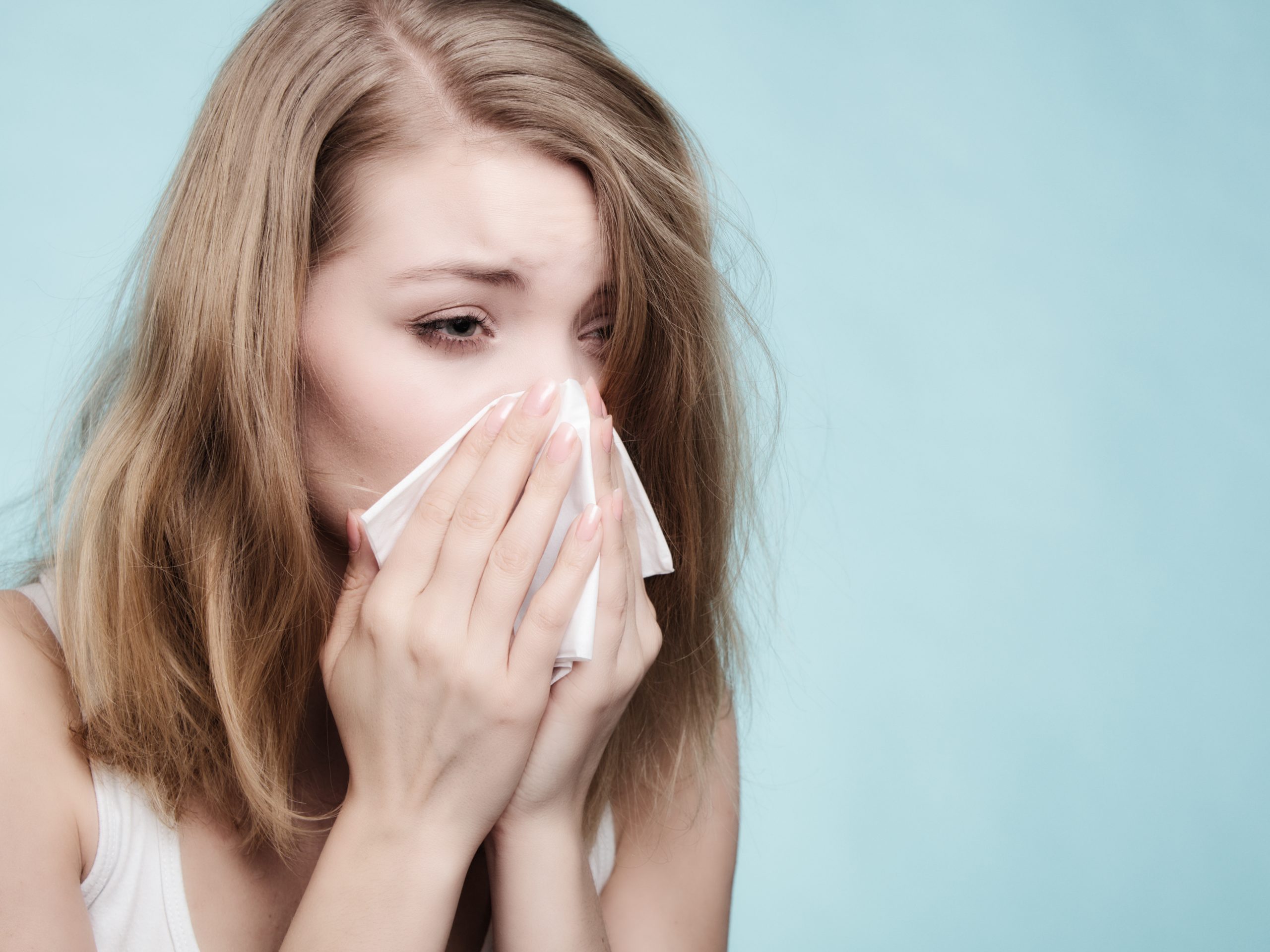
Hello CS Music Community!
I have a question for Dr. Jahn. I know with these COVID-19 days, opportunities to perform are limited, (and performing live is even more rare) but I was able to sing on stage recently and two nights before performing, I had a small tickle in my throat. I know it wasn’t COVID-19 because I had been tested that day, but it did make me worry about performing. If you have to perform an opera on a night you are sick, what precaution can you take leading up to the performance? I feel very blessed since I didn’t develop any further symptoms, but I want to be prepared for whatever the future might bring. Thanks!
Best,
Cecilia P.
Hi Cecilia,
Your question is timely: it speaks importantly to this time of Covid, but also to the many times singers need to perform when they are perhaps ill, or just not at their best. We know many singers who have had to cancel upcoming engagements as the Covid restrictions took hold, both here and in Europe.
The Covid-19 pandemic, which will, in retrospect, be the defining event of a generation, has forced on all of us, whether health care workers or general population, a very steep learning curve, which continues. We still don’t know many things, including the full spectrum of presenting signs and symptoms, proportion of asymptomatic virus carriers, the duration and infectivity of the pre-clinical period (when you may be infected but feeling normal), or the persistence of immunity, whether acquired from a vaccine or the infection itself. We also don’t know the false negative rate of the various Covid tests. In this regard, it always concerns me when I see a testing swab being incorrectly pushed up into the nose, towards the eyes- they should be advanced horizontally, along the floor of the nose, to reach the nasopharyngeal area. Not getting a representative sample of mucus from the nasopharynx may easily lead to a false negative test.
So it is difficult to answer your question fully. A tickle in the throat is common, and could be many things, including winter allergies, reflux, or another, more innocuous, virus. The fact that your Covid test was negative is quite (but not fully) reassuring. The question also remains whether you may have been exposed unknowingly, and are at a pre-infectious, incubating stage.. And when you consider the fact that even conversational speaking sprays an aerosol of saliva into the air (and singing, especially loud singing, doubles the radius of that cloud of spray), the concern for possible infection, and viral spread, continues.
But your question is also more general. Should you sing when you are not well? The question brings to mind a children’s book I saw many years ago, discussing animal behavior. To the question “Can monkeys swim?”, the author replied “Only if they have to!” And, indeed, many singers are put in a position when, for many reasons, they simply can not cancel. They need to swim through the performance, and do so in a critically acceptable fashion.
The English laryngologist Dr. Norman Punt, whose classic book, “The Singer and Actor’s Throat”, is a gem that I recommend, put it this way: “The difference between a professional singer and an amateur is that the professional can sing even when she doesn’t want to, while an amateur can’t, even when she does.” Assuming that you are not seriously ill or contagious to the rest of the cast, there are many things you can do to get through a performance, some of which I will discuss below.
Your options for technically simplifying your performance are of course fewer with classical music vs popular genres. For an operatic performance, a brief list of suggestions might be: marking during rehearsals when possible, minimizing any vocal activity that is not essential to the performance, carefully apportioning your vocal energy for the important parts (e.g. solos rather than ensembles), or taking the last note down a fifth, if musically acceptable. Look at your schedule on either side of the specific performance. What is important, what can be cancelled? If you have one or two important engagements in close proximity, followed by some time to rest, you can be more aggressive with medications that reduce your symptoms, just to get you through.
You should also consider your fellow cast members, and make them aware that you ill, or not at your best. They can support you vocally, and, with the stage director’s help, you might even be able rework some of the stage action to reduce your physical exertion, and the possibility of transmitting a virus through physical proximity.
Ideally, if you are ill or not at your best, and especially if your home remedies are not working, you should see your doctor. Then, together, you can decide whether it is safe for you (and the rest of the cast) that you perform, or whether you should cancel.


